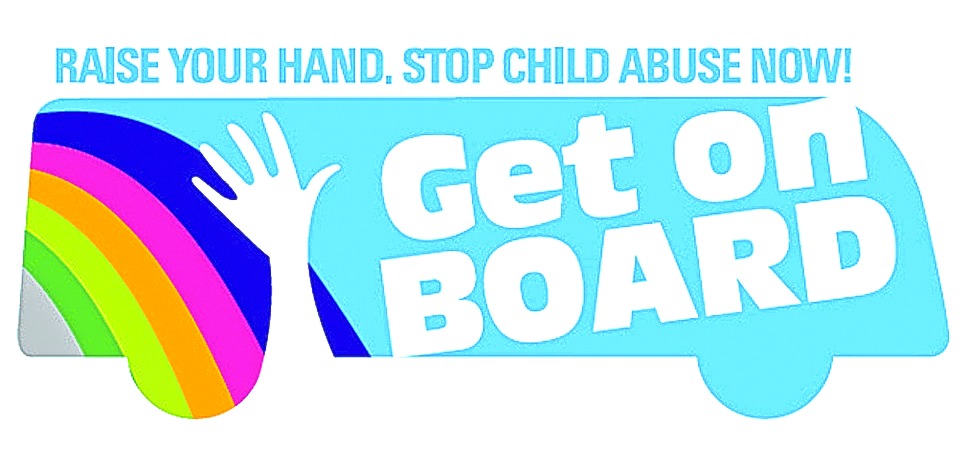
New Delhi, Nov. 12: Two in three children in India are physically abused and more than half have experienced sexual assault, an NGO has claimed, adding that boys and girls are at equal risk.
About half of all children work seven days a week and do not go to school, Crisp or Children's Rights Initiative for Shared Parenting has added.
Kumar Jahgirdar, national president of the NGO, today released the findings, which are based on government data relating to 13 states.
No information was available about the sample size or the age of the children covered, but Crisp said the abuse was more predominant in urban areas, and a lot of it happened at home and school.
The key findings, which come just before the country celebrates Children's Day (Jawaharlal Nehru's birth anniversary) on November 14, are:
Broad picture
- Children aged 5 to 12 are the likeliest to be abused.
- Boys and girls are at equal risk.
- People in positions of trust and authority are major abusers.
- Children living on the streets, children at work, and children in institutional care are likeliest to be sexually abused.
Sexual abuse
- Some 53.22 per cent children have reported one or more forms of sexual abuse; 21.90 per cent have faced severe forms of sexual abuse.
- Physical abuse
- Some 69 per cent of children have reported (non-sexual) physical abuse; 54.68 per cent of those abused are boys.
- Among those physically abused in family situations, 88.6 per cent were abused by their parents.
- Some 65 per cent of schoolchildren have faced corporal punishment at school.
Parenting gap
A major form of child abuse ignored by our society and legal system is "parental alienation of children due to separation/divorce", Crisp says.
It argues that the rise in divorces and separation among the urban middle class, coupled with what the NGO sees as biased family laws, are depriving many children of a key right: proximity to both biological parents.
Crisp says these laws have reduced many divorced fathers to mere visitors to their children - sometimes not even that - causing a rise in single-parent families.
It says global research has revealed that children deprived of a father's care are:
• 5 times likelier to commit suicide;
• 9 times likelier to drop out of school;
• 14 times likelier to rape;
• 20 times likelier to go to jail or turn into a drug addict;
• 32 times likelier to run away from home.
Other problems
• Nuclear families out of touch with grandparents are hampering children's psychological welfare.
• Unhygienic schools, traffic pollution and stress from peer pressure are leading to behavioural problems among schoolchildren.
• Lack of basic knowledge of sex education is leading to teenage pregnancies.
Recommendations
Crisp has demanded these solutions:
• Strict enforcement of the Protection of Children from Sexual Offences Act, 2012; creating awareness through media, school posters, leaflets at government offices, and posters in all police stations announcing the punishment for child abuse.
• Enactment of Law Commission recommendation for visitation rights to both among divorced couples.
• Compulsory sex education, with focus on what constitutes abuse; promotion of safety by schools.
• A dedicated child helpline in all major city areas and schools; training of children on helpline use.
• A separate Union ministry for child welfare. The women and child development ministry has failed to protect children.
• Social reforms to reinforce the joint family system so that grandparents play a bigger role in children's upbringing, reducing dependency on hired maids.










